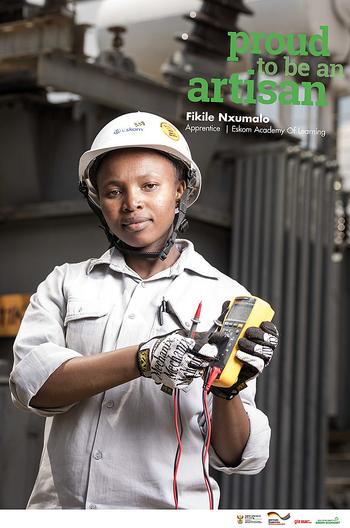Context
In parts of its economy, South Africa has increasingly transformed itself into a modern industrial state, which contributes substantially to the gross domestic product of the African continent. This is true even though the economic growth of South Africa has been declining steadily since 2014. Moreover, South Africa's core problems such as poverty, inequality, corruption, lack of qualified specialists, high youth unemployment and general education system weaknesses are becoming increasingly serious.
The core problem in the sector is the low quality of Vocational Education and Training (VET), which is not seen as a task for society as a whole. Reasons for such a stance: Low practical orientation of training programmes, the lack of skill of VET personnel at TVET colleges and companies, and the limited trust between government and industry to cooperate based on shared responsibility.
Objective
The quality of vocational training in terms of its relevance to the labour market has been improved.


